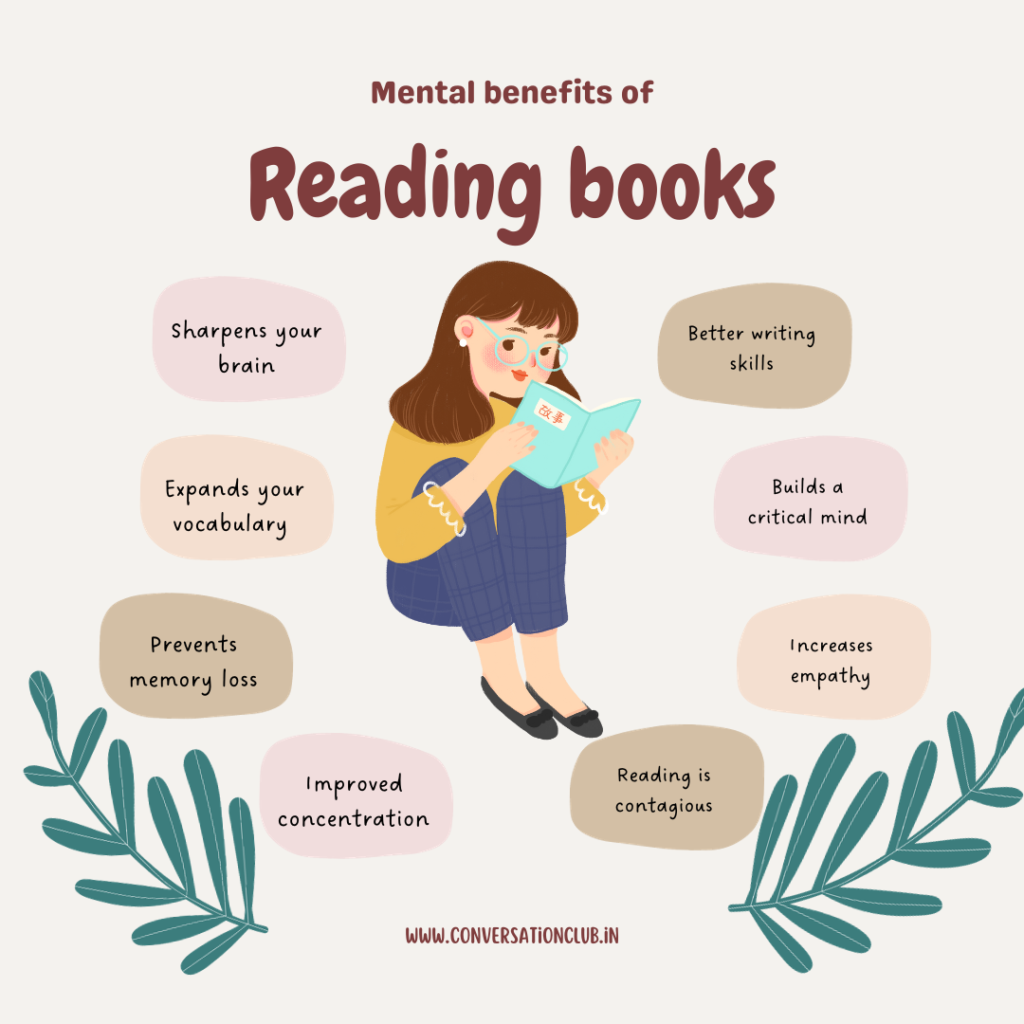Be it a simple mathematical calculation, an English assignment for school or for that matter the captions for a reel they are editing, children these days are simply unable to operate without the artificial intelligence tools.
Try an experiment to understand better.
Give your child a small writing task, could be a letter or even a text message in English, without the help of any online tool or search engine. Just leave your kid with a pen and a notebook and check the results. Even a basic task like the stated will turn into a mammoth challenge. Now let your child be in the room with a mobile or ipad or a laptop and try the same exercise. You will have your answer in minutes. Thanks to programs like Chat GPT, all answers are readily available.
Don’t confuse gadget friendliness with intelligence
My uneducated maid’s three year old daughter (doesn’t go to school) is able to operate smartphone seamlessly. She is able to scroll through reels and even save selected ones in playlist. Does this mean she is super intelligent?
We often hear grownups say things like kids today are so intelligent. Look at how comfortable they are with technology. Well of course they are comfortable with smartphones, Bluetooth speakers and laptops; these are akin to toys for them. Children now days are more exposed to gadgets than books. In an average Indian household, at any given time, the number of gadgets on a table will exceed the number of books or newspapers. So if they can operate the keypad efficiently or have exceptionally developed online surfing skills, it doesn’t qualify as an adequate indicator of intelligence.
AI is hampering creativity
If a few clicks can get you all the answers, why bother? Google, Siri, Alexa know it all. Why think … let’s just ask them!
This is the typical mindset of a child these days. Easily available information is making life easier but at the same time, it is restricting the thought process. Rather than thinking about the situation, kids are merely relying on automated system generated responses. Small things like reading a map / chart on the metro station to check the train route seem impossible; they’d rather check the phone for next station details. A child’s creative growth is being largely hampered in the process. Resultantly, practical life skills like problem solving and abstract thinking are taking a major hit!
AI is promoting an emotionally challenged generation
Since the kids are no longer used to the idea of understanding things and preparing for adequate responses, their ability to perceive situations and accordingly manage circumstances is largely being challenged. Owing to the nuclear family structures and working parents, most of the time these days is spent with AI tools, which leads to emotional development issues and creates problems like social anxiety. The dependence on texting is so much that rather than speaking with a person, they rely on emojis to convey the message.
Provide the needed Learning Environment
AI has caused way too much dependence on technology. This excessive technical engagement, coupled with reduced human interaction, is impacting the child’s intellectual and psychological growth. They thus need an environment where they are encouraged to think and express in words. A schema like ‘Conversation Club’, which is driven by emphasis on the art of communication is the need of the hour!

